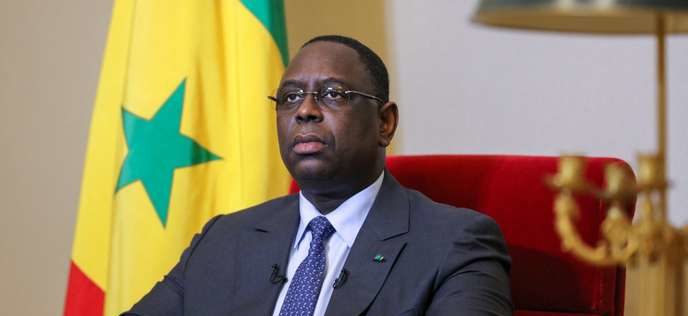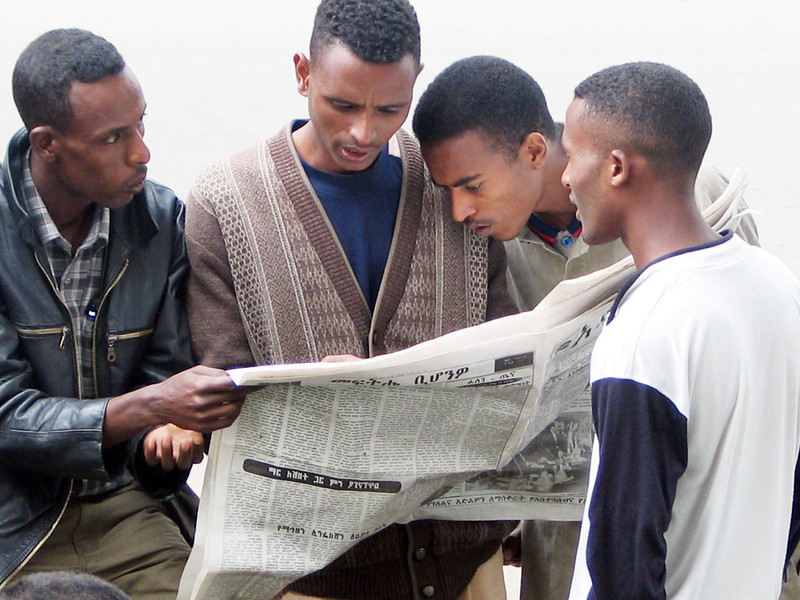We are excited to announce that Brink is now part of Africa Practice. Learn more
Senegal will hold the first round of presidential elections on 24 February 2019 followed, if necessary, by a second round as the winning candidate will require an absolute majority of the votes. The constitutional court published the final list of candidates in January, confirming the exclusion of Khalifa Sall, head of the Socialist Party (PS), and Karim Wade, head of the Democratic Socialist Party (PDS), due to past politically-controversial convictions for corruption. The ineligibility of these two opposition figures leaves a significant part of the electorate without a first-choice candidate, leaving Macky Sall as the likely winner of the election.
In the past two years, President Sall has reduced levels of unemployment and recorded several prominent successes, the largest of which were the inauguration of the new international airport and the wider development of Diamniadio. The Sall administration is fulfilling all the necessary criteria to continue tapping concessional loans crucial to huge ongoing public investment and Senegal has continued its run as a foreign investor sweetheart under its rule, with GDP growth exceeding 6% for the fifth consecutive year. The incumbent is hugely popular in Fatick and Kaolack regions and has polled favourably in Diourbel. Even in Dakar, where Macky Sall has lost considerable support, he is likely to count on at least a quarter of voters, likely more.
Most polling to date was taken in urban centres and does not take into account vast swathes of rural Senegal which are unlikely to vote for relatively unfamiliar candidates, such as Ousmane Sonko and Madicke Niang. This strengthens prospects for a first-round victory for Sall. One of his few obstacles is the degree of vilification that Khalifa Sall and Karim Wade have managed to establish amongst their constituents. Additionally, recent violent protests in Dakar spearheaded by disillusioned youth highlight rumbling frustrations with Sall’s government amongst parts of the urban grassroots. Ousmane Sonko is most popular amongst this vocal constituency but Issa Sall remains a strong contender with widespread recognition and a history of alliance-building. Moreover, Issa Sall has led a strong public relations campaign, which has rendered him one of the most recognisable faces of the opposition. Lastly, Idrissa Seck has also enjoyed an uptick in public attention since Khalifa Sall announced that he would back him.
We understand that Macky Sall’s strategists are aiming for a first round victory displaying both their confidence shared by most observers but also the fact that a second round seems increasingly like it could be a tight race. Whether it involves Issa Sall, Ousmane Sonko or Idrissa Seck, a second round could see members of the opposition rally behind the alternative to Macky Sall, putting the latter in a dangerous position. Accordingly, the incumbent’s campaign team have stepped up their efforts to get voters out in support of the incumbent. Finally, the ambiguous statement from former president Abdoulaye Wade that the PDS intends to boycott the election should his son Karim be unable to run could also be good news for the Sall camp.
With the opposition vote split, a first round victory by Macky Sall in Sunday’s election is by all means possible, but the incumbent will be expected to deliver tangible results if he wishes to retain his international and local support during a new mandate. Senegal remains one of the sweet spots in Africa, but the sentiment that progress is slowing down resonates amongst most of Africa Practice’s sources. Dakar’s urban youth want to see change, access to credit remains the number one concern for local investors, while – besides the elections – the high industrial operating costs and regulatory uncertainty are on the minds of foreign investors. There is also the general sentiment in certain regions that Sall’s Emergent Senegal Plan (PSE) is expensive and has yielded few concrete results. As such, if elected, Sall will be pressured to deliver the second phase of the PSE which hopes to further spur development and help develop its middle class, with annual per capita income expected to rise from $2,311 in 2011 to $4,000 in 2035.
Adrian Fielding is a senior consultant in Africa Practice’s Intelligence & Analysis team. In this role, he advises clients on political, regulatory and reputational risks associated with market entry or transactions with counterparties in sub-Saharan Africa. Based in Casablanca, he covers Francophone and Lusophone Africa.
Daphne Piriou is an associate consultant in Africa Practice’s London office. She works with the Intelligence & Analysis and Communications teams and has undertaken a wide range of assignments for government and private sector clients across the continent.
Proud to be BCorp. We are part of the global movement for an inclusive, equitable, and regenerative economic system. Learn more



